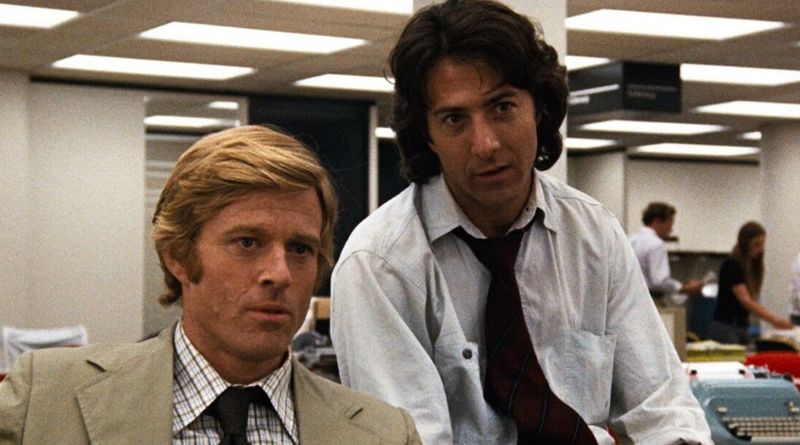Classic movies hold a special place in our cultural consciousness. They are revered for their timeless stories, memorable characters, and groundbreaking cinematography. However, there’s a curious phenomenon surrounding certain classic films – people often claim to have seen them, even if they haven’t. This article explores eight such classic movies and the reasons behind the deception.
1. The Shawshank Redemption
Plot summary: “The Shawshank Redemption” follows the story of Andy Dufresne, a banker wrongly convicted of murder, and his friendship with fellow inmate Red.
Cultural significance: Despite initially underperforming at the box office, the film gained widespread acclaim and is now considered one of the greatest movies of all time.
Why people lie about watching it: The film’s critical acclaim and frequent appearances on “best movie” lists create social pressure to claim familiarity with it, even if one hasn’t actually watched it.
2. Casablanca
Synopsis: “Casablanca” is a romantic drama set during World War II, revolving around the complex love triangle between Rick, Ilsa, and Victor.
Iconic scenes: From the timeless line, “Here’s looking at you, kid,” to the iconic ending, “Casablanca” is filled with memorable moments.
Reasons for the deception: Given its status as a classic romance film, many people feel compelled to say they’ve seen “Casablanca” to appear more cultured or well-rounded.
3. Gone with the Wind
Overview: “Gone with the Wind” is an epic historical romance set against the backdrop of the American Civil War and Reconstruction era.
Impact on cinema: It remains one of the highest-grossing films of all time, adjusted for inflation, and has left an indelible mark on popular culture.
Motivations for false claims: The film’s length and historical significance may intimidate some viewers, leading them to falsely claim they’ve seen it to fit in socially.
4. Citizen Kane
Brief overview: “Citizen Kane” is a groundbreaking film that follows the rise and fall of newspaper magnate Charles Foster Kane.
Notable aspects: Its innovative cinematography and narrative techniques revolutionized filmmaking and continue to influence directors today.
Pressure to conform: As a staple of film school curricula and countless “best movie” lists, there’s a societal expectation to be familiar with “Citizen Kane,” even if one hasn’t actually watched it.
5. The Godfather
Summary: “The Godfather” is a crime epic that chronicles the Corleone family’s rise to power in the Mafia underworld.
Popularity and acclaim: Widely regarded as one of the greatest films ever made, “The Godfather” boasts a stellar cast and masterful direction by Francis Ford Coppola.
Social expectations: Its status as a cinematic masterpiece may compel individuals to falsely claim they’ve seen it to avoid feeling left out of cultural conversations.
6. Star Wars
Introduction: “Star Wars” is a space opera franchise that has captivated audiences for over four decades with its epic storytelling and iconic characters.
Influence on pop culture: From lightsabers to Darth Vader, “Star Wars” has permeated popular culture in a way few other films have.
False declarations: The sheer ubiquity of “Star Wars” in modern media may lead some to claim they’ve seen it, even if they’ve only absorbed its influence indirectly.
7. Pulp Fiction
Summary: “Pulp Fiction” is a nonlinear crime film that weaves together multiple intersecting storylines involving gangsters, hitmen, and boxers.
Quotable dialogue: Known for its sharp dialogue and memorable one-liners, “Pulp Fiction” has left an indelible mark on pop culture.
Peer influence: Given its cult status and frequent references in other media, individuals may feel pressured to lie about watching “Pulp Fiction” to avoid feeling out of the loop.
Conclusion
In a world where cultural currency often hinges on our knowledge of classic films, it’s not uncommon for people to embellish the truth about which movies they’ve actually seen. Whether it’s to fit in with peers, appear more cultured, or simply avoid feeling left out, the phenomenon of lying about watching classic movies highlights the importance our society places on shared cultural experiences.







